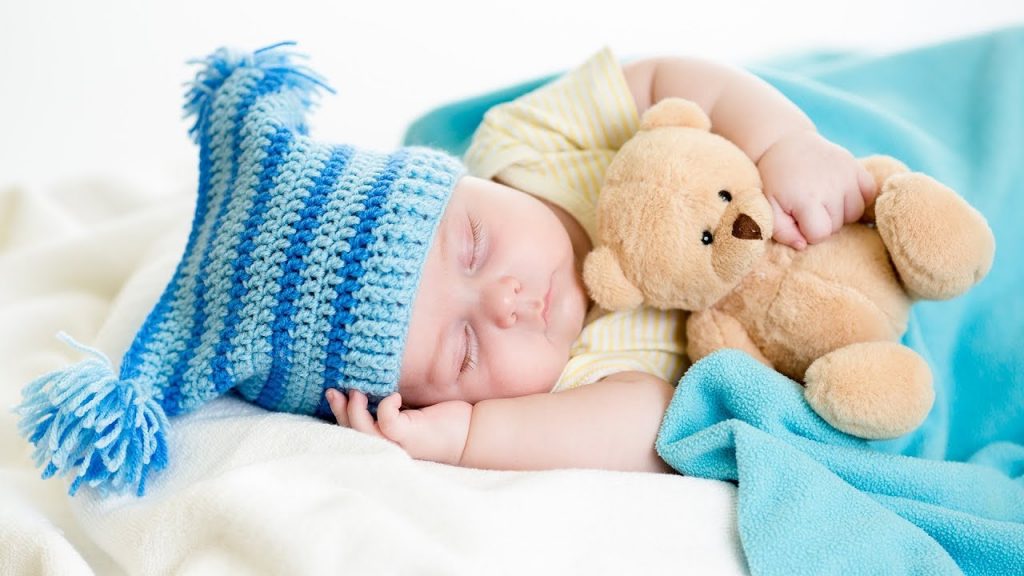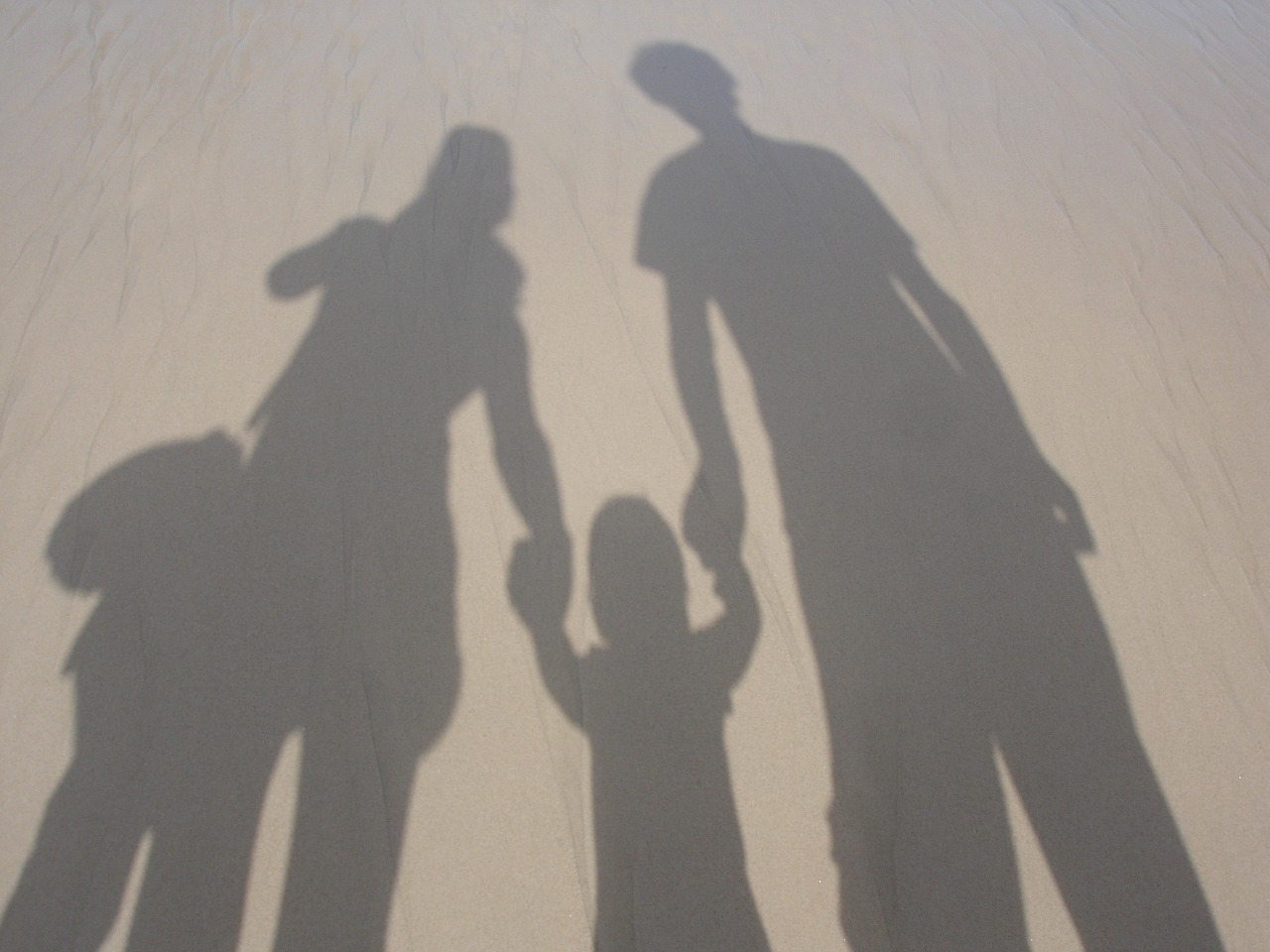How to Help Your Baby Sleep Better
During the first year of parenthood, almost every parent expects to sacrifice sleep so that their little one gets theirs. And depending on your child’s age, his/her sleep needs will vary. For example, the younger your baby is, the more time he/she will spend asleep.
Most babies will even take up to 3 months before they can start sleeping through the night. Otherwise, expect nights where you have to cut through your 8 hours of sleep because your baby is sleeping in segments.
There are a lot of reasons that may cause a baby to have difficulty sleeping. Thankfully, some of them, like congestion or separation anxiety, can be easily alleviated. For example, CuteLittleDarling found out what is the best humidifier for baby to soothe congestion. And you can always read books on tips to ease your baby’s separation anxiety.
The point is, most reasons that affect a baby’s sleep are not always scary and detrimental. Nonetheless, we still advise you to talk to your child’s doctor. This way, you will feel less worried and find out early on if there’s a more serious problem.
Reasons Why Babies Have Difficulty Sleeping (and How to Solve Them)
Contents [hide]
Hunger
This is perhaps the immediate reason that you could think of whenever your baby wakes up at random hours. If hunger is indeed the cause, then feeding him/her easily solves the problem. However, you can do other “hacks” to keep your baby from being interrupted in his/her sleep by the need to feed.
Newborn babies usually prioritize feeding over sleeping. That’s just how they are, and they can even feed every 2 hours. But if you have an older baby, you can give your little one his/her breast milk in advance. Before you go to sleep, you can gently wake your baby up to nurse. As a result, he/she will be more likely to feel less hungry in the upcoming hours. You can also try to give your baby soft meals like this one from Serenity Kids.
Separation Anxiety
Another common reason for interrupted sleep among babies is separation anxiety. Add in the unfamiliarity of a dark room to being alone, and your baby will be crying in no time. And over time, your baby might even start associating bedtime with these feelings, making it more difficult to get him/her to sleep. Not to mention, he/she might correlate crying to you staying.
While separation anxiety is normal among babies, this can still rob them and you of a good night’s sleep. We can’t blame them because being alone in a dark room is indeed scary. And depending on their age, they can look at your presence as a sense of security.
What you can do is make the room not as scary to them. An excellent nursery addition that can help you and them are night lights. The dim light that they have makes the room more visible and familiar. And you can also step it up and choose models with warm colors that can help babies to fall asleep easier.
Besides a night light, you can also add his/her favorite toys to join your baby in his/her crib for comfort. Or perhaps include a baby monitor that’ll allow you to soothe him/her with your voice quickly.
Out of Sync Internal Clock
You can’t reason with your baby that he/she can’t wake up at 4 am. But what you can do is help his/her body clock to differentiate between daytime and nighttime. What you’re aiming for here is for your baby to associate nighttime as sleeping time. For example, make sure that there’s a difference between daytime and nighttime feedings. The former can be more livelier, and the latter can be more calmer.
Another thing that you can do is let your baby’s own physiology to set its own internal clock. When your baby starts showing signs of drowsiness, you can put him/her on his/her back to encourage sleep. It might be tempting to feed or rock your baby to help him/her fall asleep, and they are rational.
However, what you want is for your baby to fall asleep without the need for reinforcement. You should also resist the urge to immediately rush back to him/her when he/she cries after you lay him/her down. This way, you can wait for a few seconds to let your baby try and settle himself/herself. However, make sure that everything is fine if he/she has been crying for a long time.
Uncomfortable Environment
Just like adults, babies will have difficulty sleeping when they feel uncomfortable. And even if they do fall asleep, chances are that they’d wake up some time during the night. However, the word “uncomfortable” is too vast, and there are a lot of factors that can contribute to this state.
Temperature and Humidity
For example, temperature and humidity above or below the ideal levels make the room less enticing to sleep in. If it is too hot or too cold, it can be difficult to get comfortable for your baby. And this is also the same with high and low levels of humidity.
What makes it worse is that babies are more susceptible to diseases and infections. So if they already have an existing condition and you combine it with these two factors, it might worsen. For example, congested nasal passages or cough will be more difficult to alleviate if it is too cold or if the air is dry.
Medical Conditions
Besides the room’s comfort, if your baby does have an existing medical condition, it can hinder continuous sleep. Illnesses with uncomfortable symptoms such as itchiness from eczema or difficulty in breathing from asthma are in no way synonymous with relaxation.
Inconsistent Room Conditions
At six months old, it can be worrisome if your baby still has trouble going to sleep. Let’s say you’ve already checked all the reasons above. So how come your baby is still unable to sleep straight? You might have overlooked one factor, and that is the room he/she stays in.
What you can do to make your baby more comfortable is to control the environment. Indoor temperature and humidity nowadays are easy to manipulate. For example, you can get a heater during winter or an air conditioner for summer. According to Cute Little Darling, humidifiers are also becoming popular for nurseries that manufacturers even made colorful ones for babies.
However, make sure to practice extra precautions as you would with any electronic appliances. A heater and a warm mist humidifier both pose scalding risks, so make sure they are out of reach from children and pets.
And in order for your baby to benefit from these additional appliances, make sure you monitor the temperature and humidity themselves. You can purchase a thermometer and a hygrometer, so you’ll know when you’re reaching above or below the optimum levels.
Besides the temperature and humidity, aim for the nursery condition to be consistent. What we mean by this is that other factors like lighting should stay enticing for sleep. And did you know? Good lighting can even help in sticking to a bedtime routine?
For example, you can set the nightlight in warm colors and then time them to turn into blue when it’s time to wake up. This way, your baby can associate the warm colors for sleep and that it’s okay to wake up if the color turns blue.
Other than the nightlight, make sure that the ambiance of the room is also relaxing. You want to use shades to keep the room dark and maybe a white noise machine to muffle external noise.




